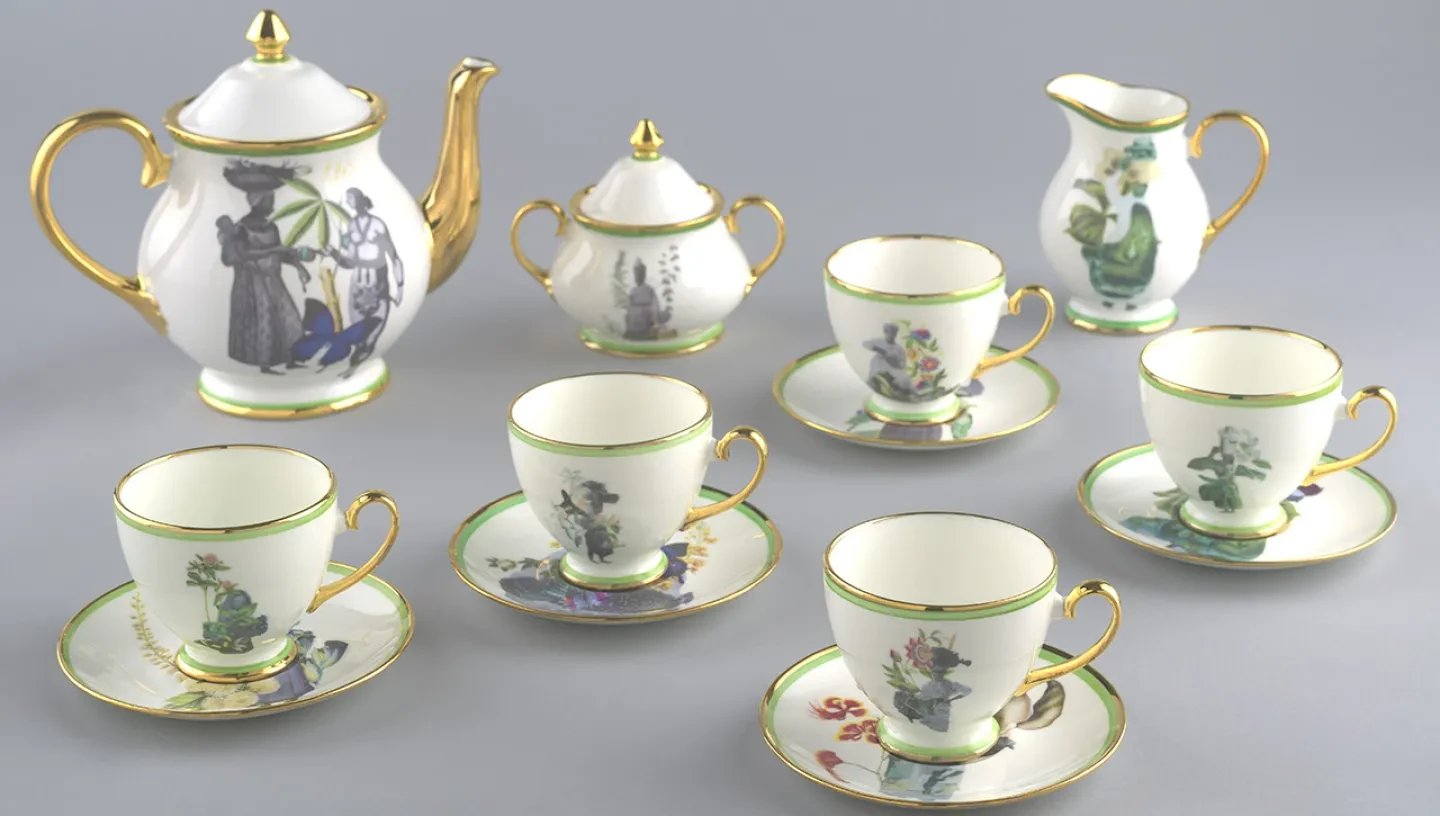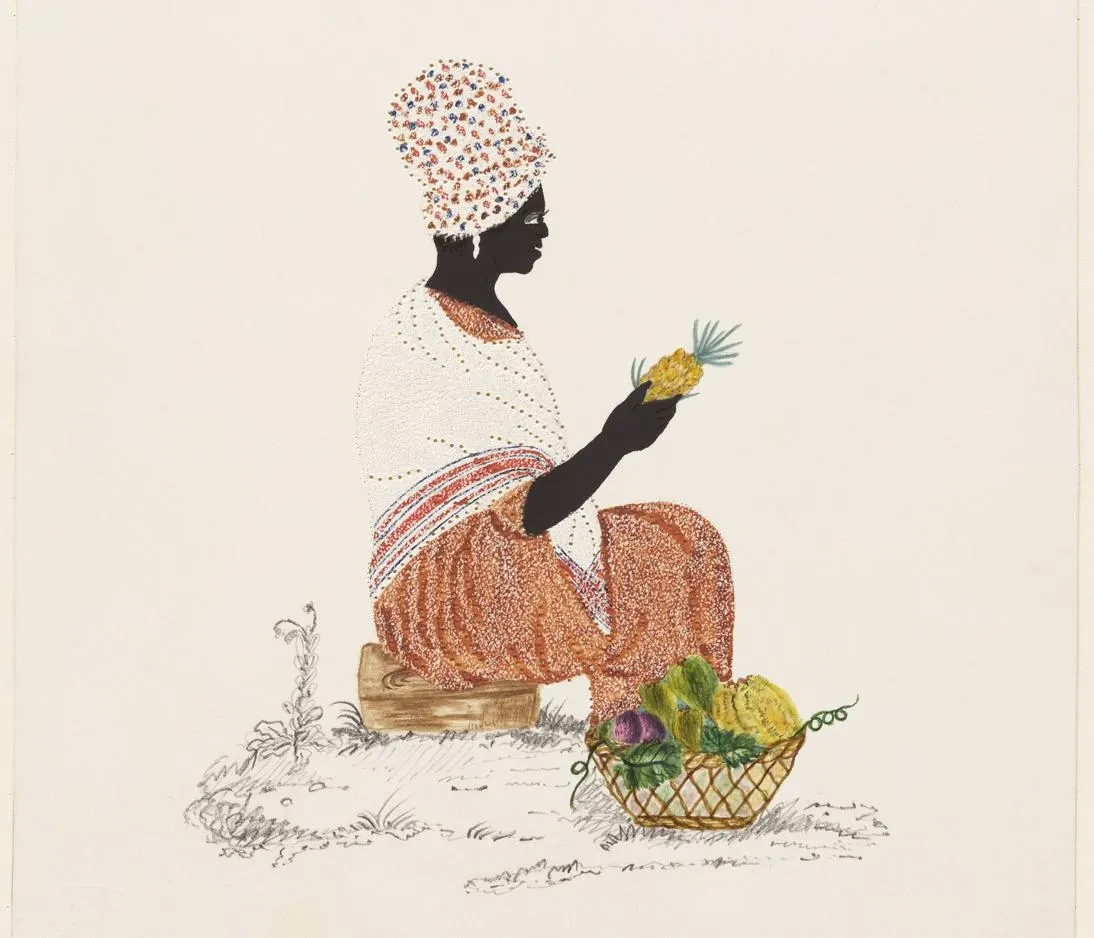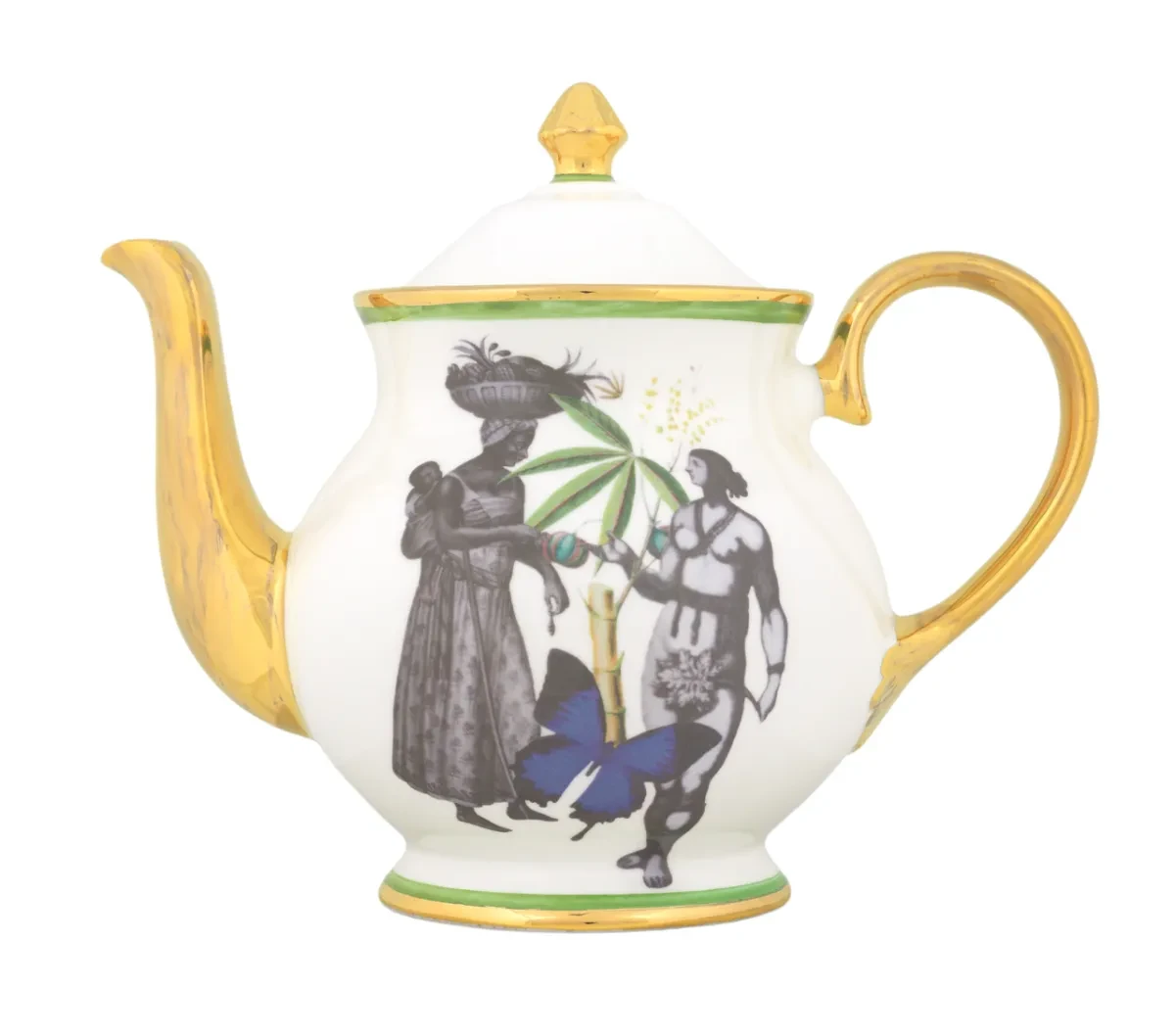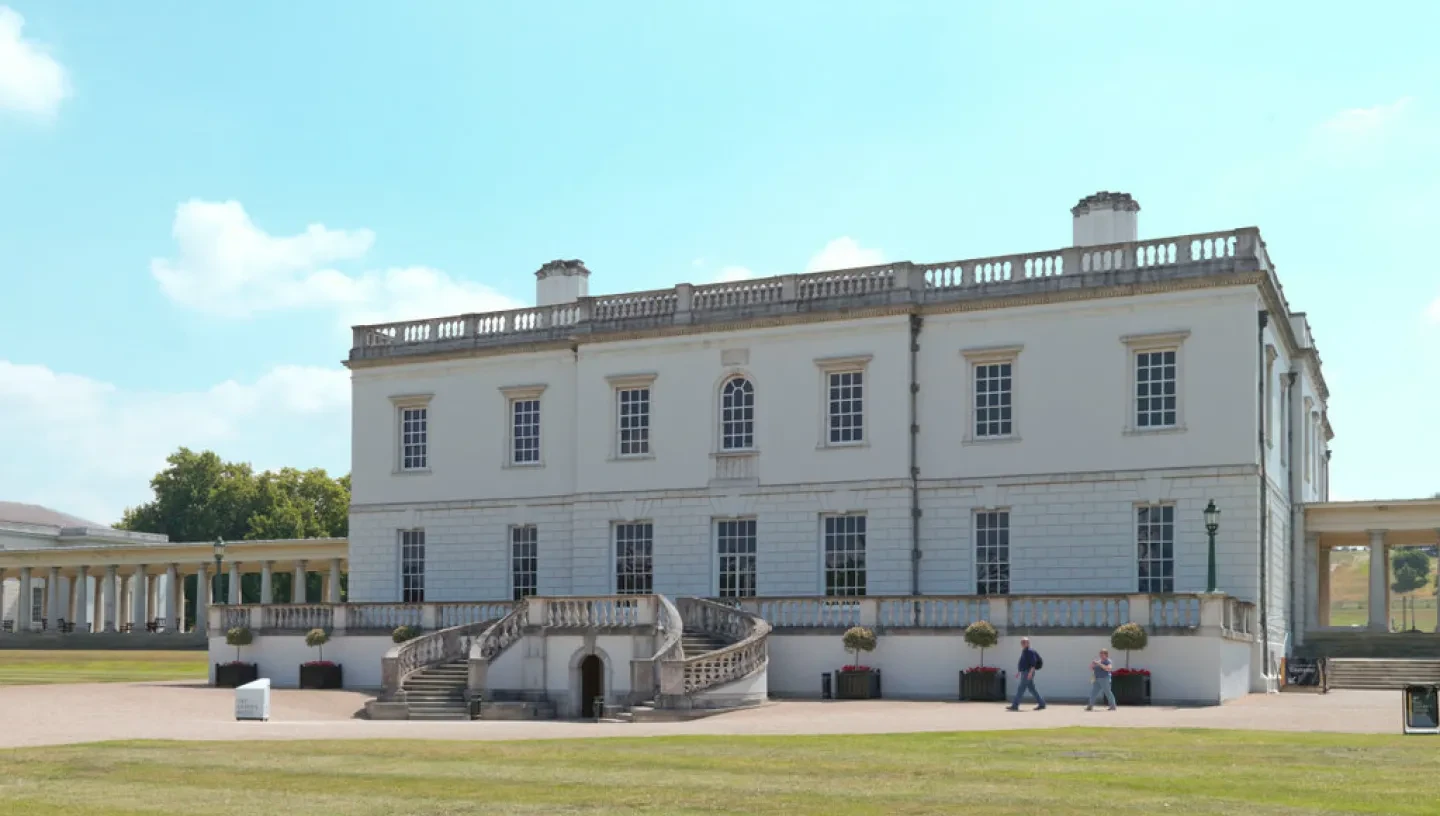
Essential information
| Type | Talks and tours |
|---|---|
| Location | |
| Date and times | Wednesday 29 October 2025 | 1pm-1.30pm |
| Prices | Free |
This talk by Akosua Paries-Osei will focus on the botanical knowledge of enslaved women. Enslaved women were highly skilled botanists whose knowledge of anti-fertility botanicals was gained both in Africa and the New World. Their use of anti-fertility botanicals, such as the peacock flower or cotton seed, was empire-disrupting.
Enslaved people transported African plants and botanicals to the New World. They also took the knowledge of those plants with them. They shared this knowledge with the local inhabitants and learned from their new environment.
Throughout the entire period of Caribbean slavery, enslaved women’s botanical knowledge and reproductive resistance continued to destabilise the colonial empire. The knowledge of these women was highly sought after in both enslaved and white medical communities.
This talk will take place in the King's Closet, located on the first floor of the Queen's House.

About the speaker
Akosua Paries-Osei is a Technē-funded PhD candidate at Royal Holloway, University of London. Paries-Osei has concluded a Racial Justice placement at the Natural History Museum in Botany and the Sloane Herbarium.
She conducts research into slavery and the history of science, with a specific focus on the botanical reproductive resistance of enslaved women from West Africa, and how their knowledge has been incorporated into modern medicine.
Paries-Osei's research will be featured in a permanent exhibition in the central hall of the Natural History Museum, London.
Salons in the Queen's House

This event is part of a salon series responding to the themes of Jacqueline Bishop's groundbreaking and powerful ceramic work The Keeper of All The Secrets.
This tea set was acquired by Royal Museums Greenwich in 2024 and is on display in the Queen's House.
The term 'salon' was used historically to describe social gatherings in the domestic sphere. Participation was open to a range of individuals, and women often acted as hosts. Salons were alternative spaces for learning, debate, and the exchange of ideas. We continue to explore this tradition at the Queen's House.
Speakers at our Salons include artists, researchers, curators and creative practitioners. Their talks bring to light new insights and share different perspectives.
What’s on
